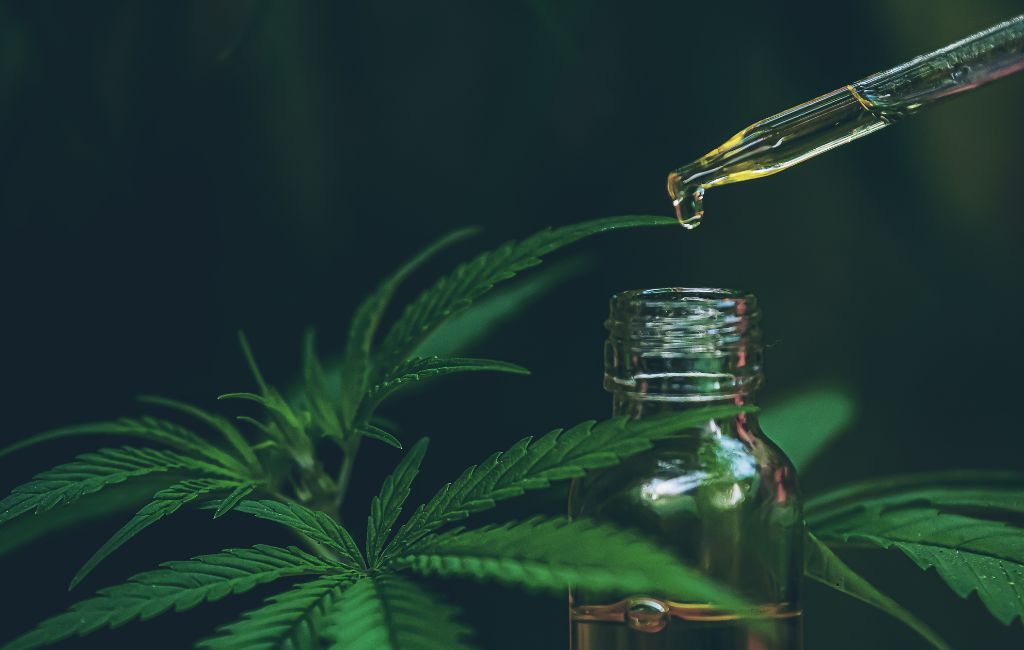THCa Flower: Discover Its Benefits
In recent years, the cannabis industry has seen a surge in interest surrounding various cannabinoids, each offering unique properties and potential benefits. Among these, THCa, or tetrahydrocannabinolic acid, has garnered attention for its distinct characteristics and potential health advantages. This article explores the benefits of THCa flower, providing insights into its uses and effects.
Understanding THCa
THCa is a non-psychoactive cannabinoid found in raw and live cannabis plants. Unlike THC, which is known for its psychoactive effects, THCa does not produce a “high” when consumed in its natural form. This makes it an appealing option for those seeking the therapeutic benefits of cannabis without the mind-altering effects.
How THCa Converts to THC
THCa is the precursor to THC. When cannabis is heated through smoking, vaping, or cooking, a process called decarboxylation occurs, converting THCa into THC. This transformation is what gives cannabis its psychoactive properties. Consuming raw cannabis or using low-heat methods allows users to experience the benefits of THCa without the psychoactive effects of THC.
Potential Health Benefits of THCa
Research into THCa is still in its early stages, but preliminary studies and anecdotal evidence suggest several potential health benefits:
- Anti-inflammatory Properties: THCa may help reduce inflammation, making it a potential option for those with inflammatory conditions such as arthritis or inflammatory bowel disease.
- Neuroprotective Effects: Some studies indicate that THCa may have neuroprotective properties, which could be beneficial for neurodegenerative diseases like Alzheimer’s and Parkinson’s.
- Anti-emetic Benefits: THCa has shown promise in reducing nausea and vomiting, which could be helpful for patients undergoing chemotherapy or those with chronic nausea.
- Appetite Stimulation: Similar to THC, THCa may help stimulate appetite, offering potential benefits for individuals with appetite loss due to medical conditions or treatments.
Case Studies and Research
While comprehensive clinical trials are limited, several studies and case reports highlight the potential of THCa:
A 2013 study published in the British Journal of Pharmacology explored the anti-inflammatory effects of THCa, suggesting its potential as a treatment for inflammatory conditions. Another study in 2017 examined the neuroprotective properties of THCa, indicating its promise in protecting brain cells from damage.
In addition to scientific research, anecdotal evidence from patients and healthcare providers supports the therapeutic potential of THCa. Many individuals report positive outcomes when using THCa-rich products for managing symptoms of chronic pain, inflammation, and nausea.
Methods of Consumption
There are various ways to consume THCa, each offering different experiences and benefits:
- Raw Consumption: Consuming raw cannabis leaves or flowers in smoothies or salads preserves THCa in its natural form.
- Tinctures and Oils: THCa tinctures and oils provide a convenient way to incorporate THCa into daily routines without the need for smoking or vaping.
- Topicals: THCa-infused creams and balms can be applied directly to the skin, offering localized relief for inflammation and pain.
Legal Considerations
The legal status of THCa varies by region. In areas where cannabis is legal for medical or recreational use, THCa products are generally available. However, in regions with stricter cannabis laws, access to THCa may be limited. It’s important for consumers to understand the regulations in their area before purchasing or using THCa products.
Conclusion
THCa flower presents a promising option for those seeking the therapeutic benefits of cannabis without the psychoactive effects of THC. With potential anti-inflammatory, neuroprotective, and anti-emetic properties, THCa offers a range of health benefits that warrant further exploration. As research continues to evolve, THCa may become an increasingly valuable component of cannabis-based therapies.
